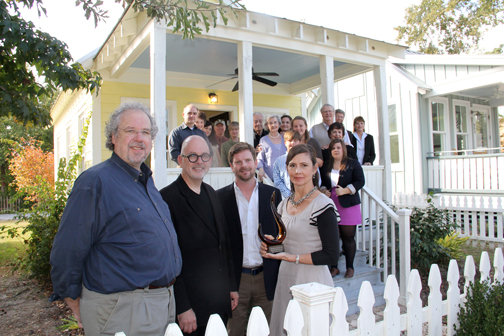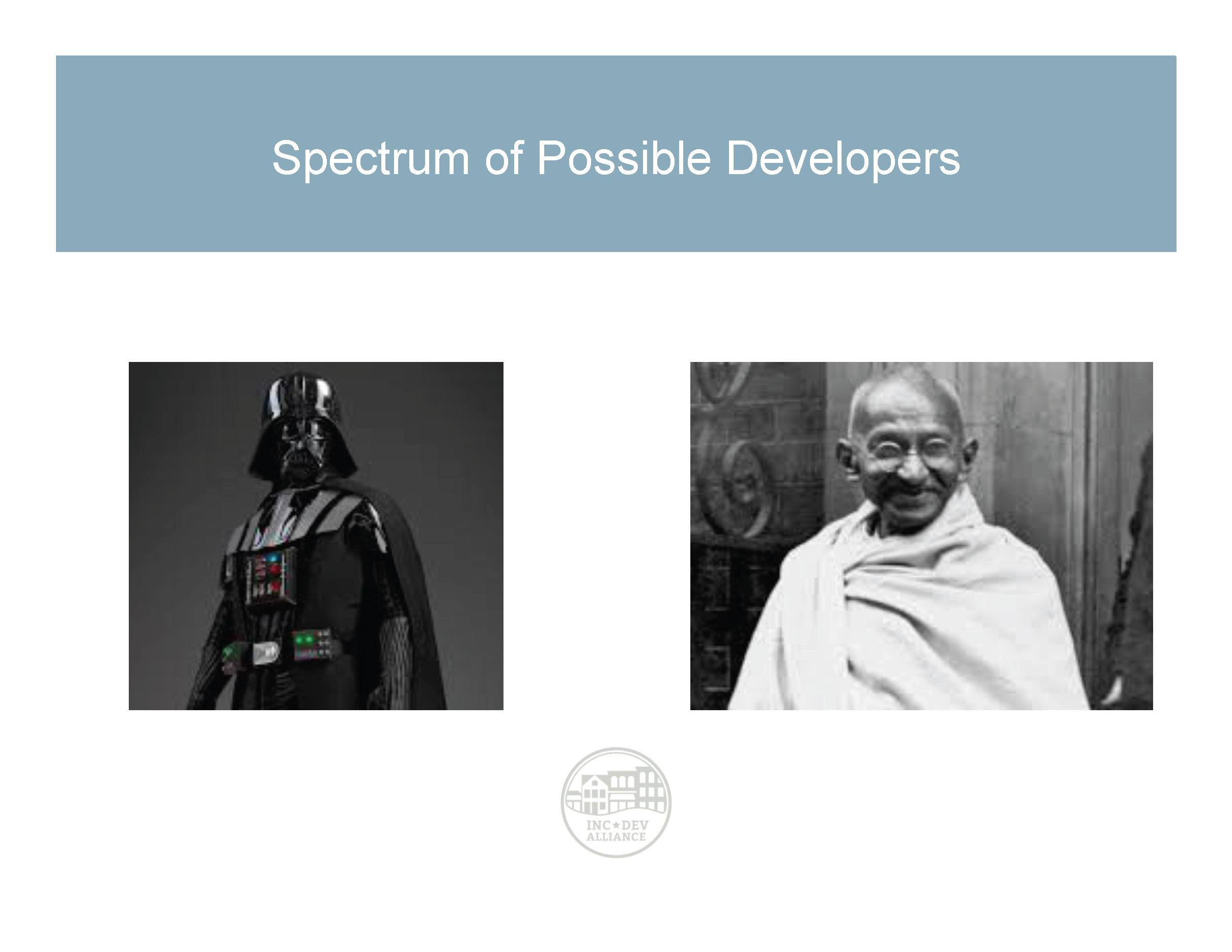Snout Houses with no front door.
Today I saw a lot discussion and concern about a potential housing bubble in the Facebook chatter among residential realtors.
All over the Atlanta region we continue to see rapid increases in house prices and rents. Folks are wondering how long this is going to last. Toward the end of the piece linked below, (part one in an excellent series of five from Strong Towns) there is a breakdown of housing production in Atlanta, by Eric Kronberg. I think a similar breakdown probably applies to the larger Atlanta metro.
With 50,000 people moving to the region every year we cannot keep up with that demand on the production side of the enterprise. That keeps inventories very low and prices high. Why are we so far behind on production of new housing? The biggest reason is a serious long term shortage of skilled construction labor. Remember, there was little or no work for these folks during the Great Recession. So people retired, changed their line of work, or returned to their country of origin. The shortage is not surprising. What would you do if you could not find work for five years?
With the labor shortage, productivity in residential construction gets hammered. It takes longer to get anything built if you can’t rely on your trades to show up. Construction schedules get stretched with nobody working on the site as projects compete for the scarce resource of people who can build.
Costs rise dramatically, but while lots of folks in the trades are charging more, many are making less money at the end of the day because they can’t finish the project when other trades don’t show up for weeks at a time. A plumber I know had his crew completing work on 30 houses last year, even with the pandemic. This year he says he’ll be lucky to work on 18. His overhead is the same with that reduced throughput, so he is making less money per house. -and his best plumber went to work for someone else. Let’s not bitch about the cost of construction and ignore the really low levels of productivity we should expect from the folks doing the work because there just are not enough of them to go around.
Add supply chain problems to the shortage of skilled labor and the problems of low levels of housing production are going to be with us for a while. Beyond the significant short fall in housing production, the types of housing being built are skewed to the higher end market segments.
Starter homes and Multifamily are not getting the attention needed, so the range of housing types being brought to market is impacted. As for a bubble, I think we have more immediate problems. The gap between how much a service worker is paid and how much it costs to keep a roof over their head gets worse every day. Atlanta is moving from its familiar position as a vital city with a lower than average cost of living and a great workforce, toward being a city with a high cost of living and workforce shortages. We will continue to see rapid appreciation in home prices and increases in rents because people will continue to move here in large numbers and we cannot build fast enough to provide housing for them. The construction labor shortage is going to be part of our reality for the next 5-10 years.
While folks in Atlanta can continue to speculate, betting that the price of their house is going to continue to increase rapidly for the foreseeable future, the lack of housing production outside of the high end market segments is going to cripple the regional economy and force people who cannot afford to live inside the Perimeter to endure ever longer commutes from the surrounding rural counties.
You think traffic is bad now. Force a quarter of the population to drive to cheaper housing and see what happens…. The fundamentals are out of whack and the folks with less resources and fewer opportunities are going to bear the consequences. So what can we do about that? The 5 part series from Strong Towns presents some neighborhood scale answers and some hope.


 Last weekend I was working on a charrette crew that included my colleague and partner, Bruce B. Tolar. Searching through my hard drive today I came across my (improvised) remarks from when the New Urban Guild gave the 2015 Barranco Award to Bruce, the Developer/Builder of Cottage Square in Ocean Springs Mississippi.
Last weekend I was working on a charrette crew that included my colleague and partner, Bruce B. Tolar. Searching through my hard drive today I came across my (improvised) remarks from when the New Urban Guild gave the 2015 Barranco Award to Bruce, the Developer/Builder of Cottage Square in Ocean Springs Mississippi.